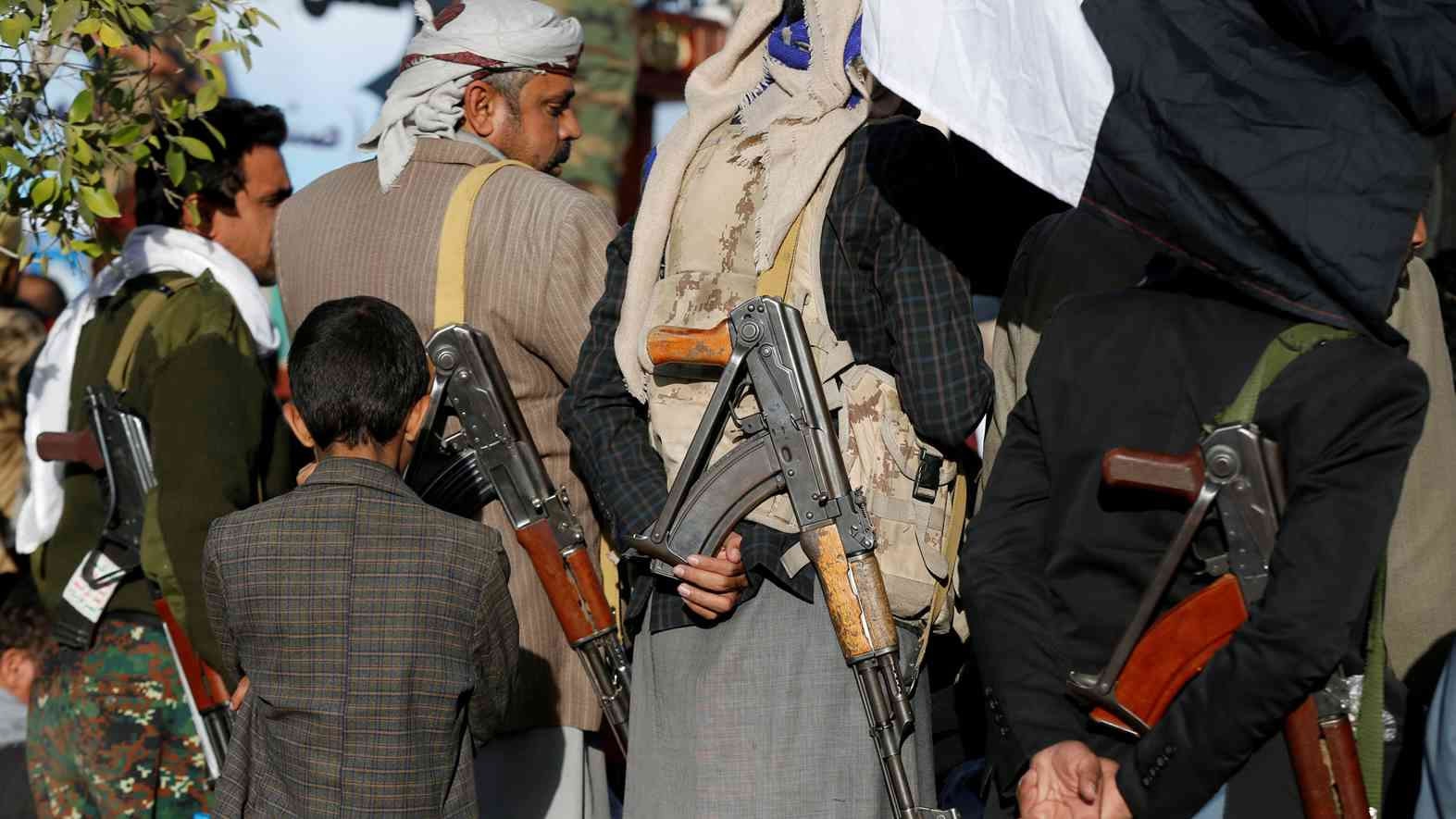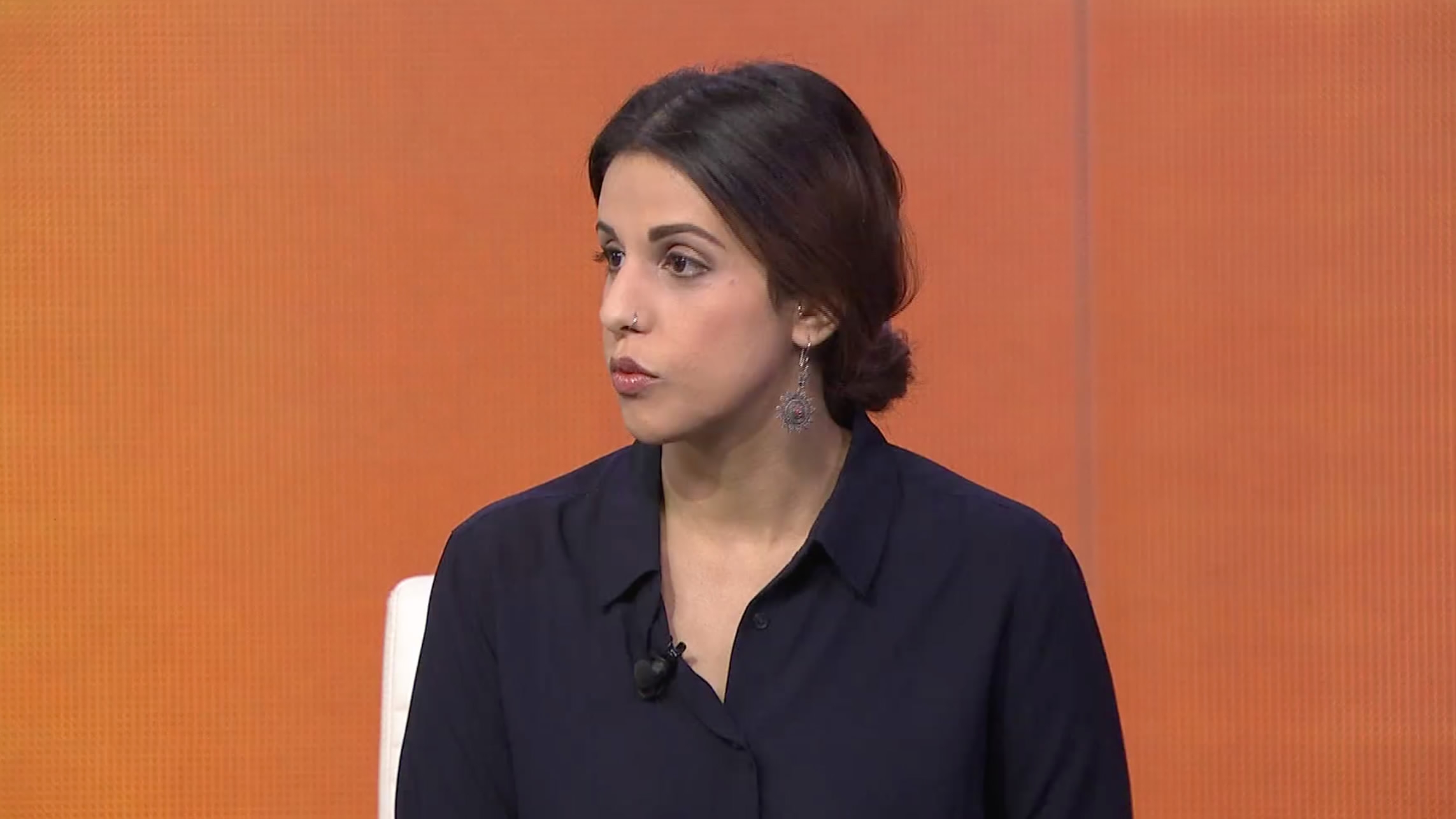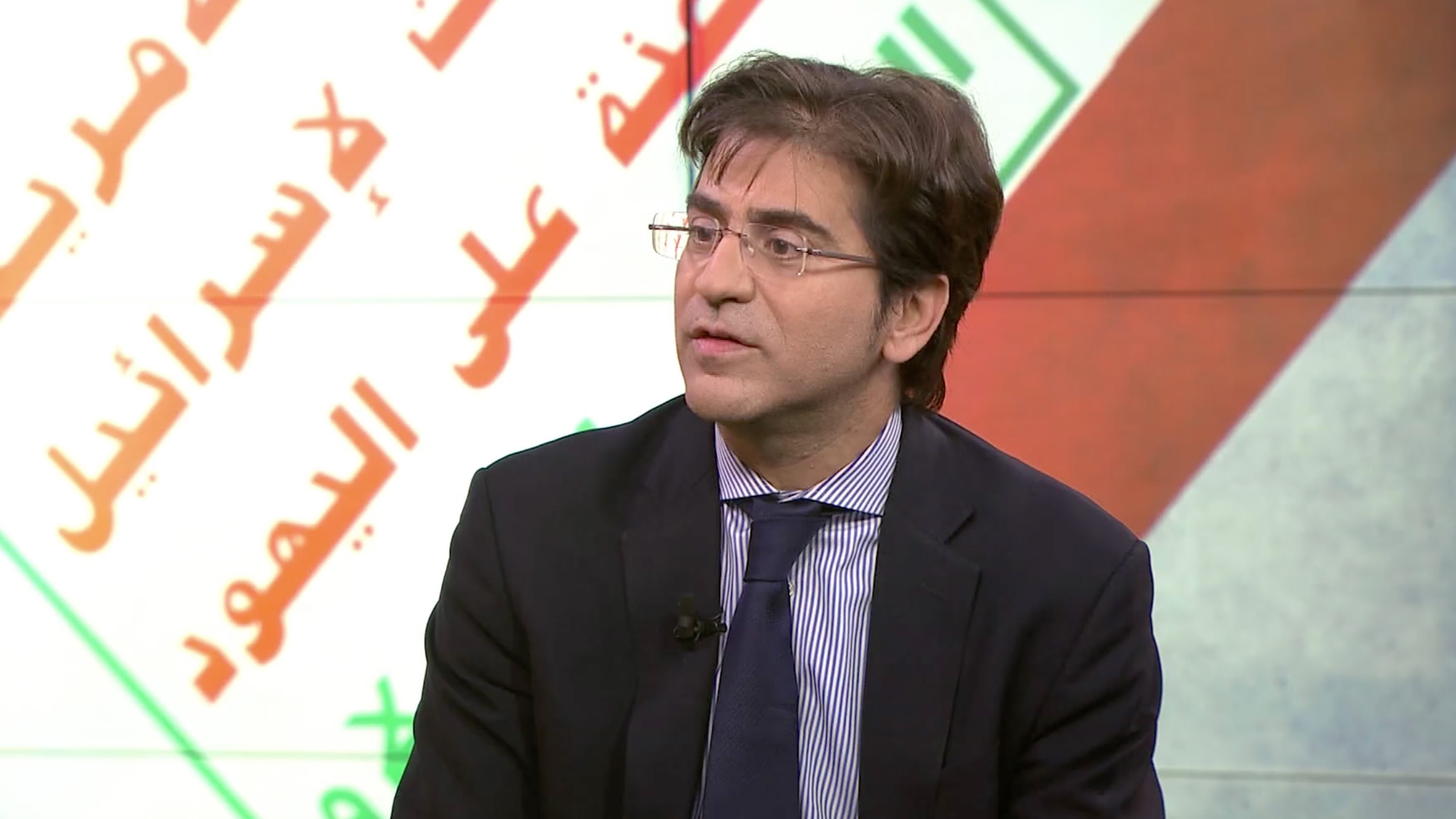
Opinions
12:50, 06-Dec-2017
Uncertainties lie ahead for Yemen after the killing of ex-president
CGTN

The killing of ex-Yemeni president Ali Abdullah Saleh by Iran-backed Houthi rebels triggered a renewed Saudi-backed offensive on the Yemeni capital Sanaa. For more on the situation in the country, CGTN spoke to two experts.

Samaa Al-Hamdani, an independent writer, researcher and analyst on Yemeni politics and women's issues, talked about the urgent humanitarian crisis happening in the country. “The aid is not being delivered," she said. "Right now there are active bombardments on the ground in Yemen. And so in that regard, we see a lot of diseases spreading. And the focus right now is entirely on Sanaa; we are forgetting about the other governorates. So we have ties under siege for a long time. We have southern governorates that are not entirely stable. And that needs our attention more than anything else.”

Afshin Molavi, a senior research fellow from Johns Hopkins School of Advanced International Studies, analyzed the root cause for the break-up of the alliance between Saleh and the Houthis. He said, “This was a really Machiavellian alliance. Ali Abdullah Saleh had fought the Houthis when he was president of Yemen six times. So it was a Machiavellian alliance that masked what was really going on. This was an attempt by Ali Abdullah Saleh to regain power. Now what this tells us about the Houthis is that the Houthis have significant abilities to project power and to strike decisively. Now the problem is Ali Abdullah Saleh misruled Yemen for 30-plus years, right. There’s no reason Yemen needs to be as impoverished as it is. The Houthis have not yet shown us any sign that they are going to do any better."

SITEMAP
Copyright © 2018 CGTN. Beijing ICP prepared NO.16065310-3
Copyright © 2018 CGTN. Beijing ICP prepared NO.16065310-3